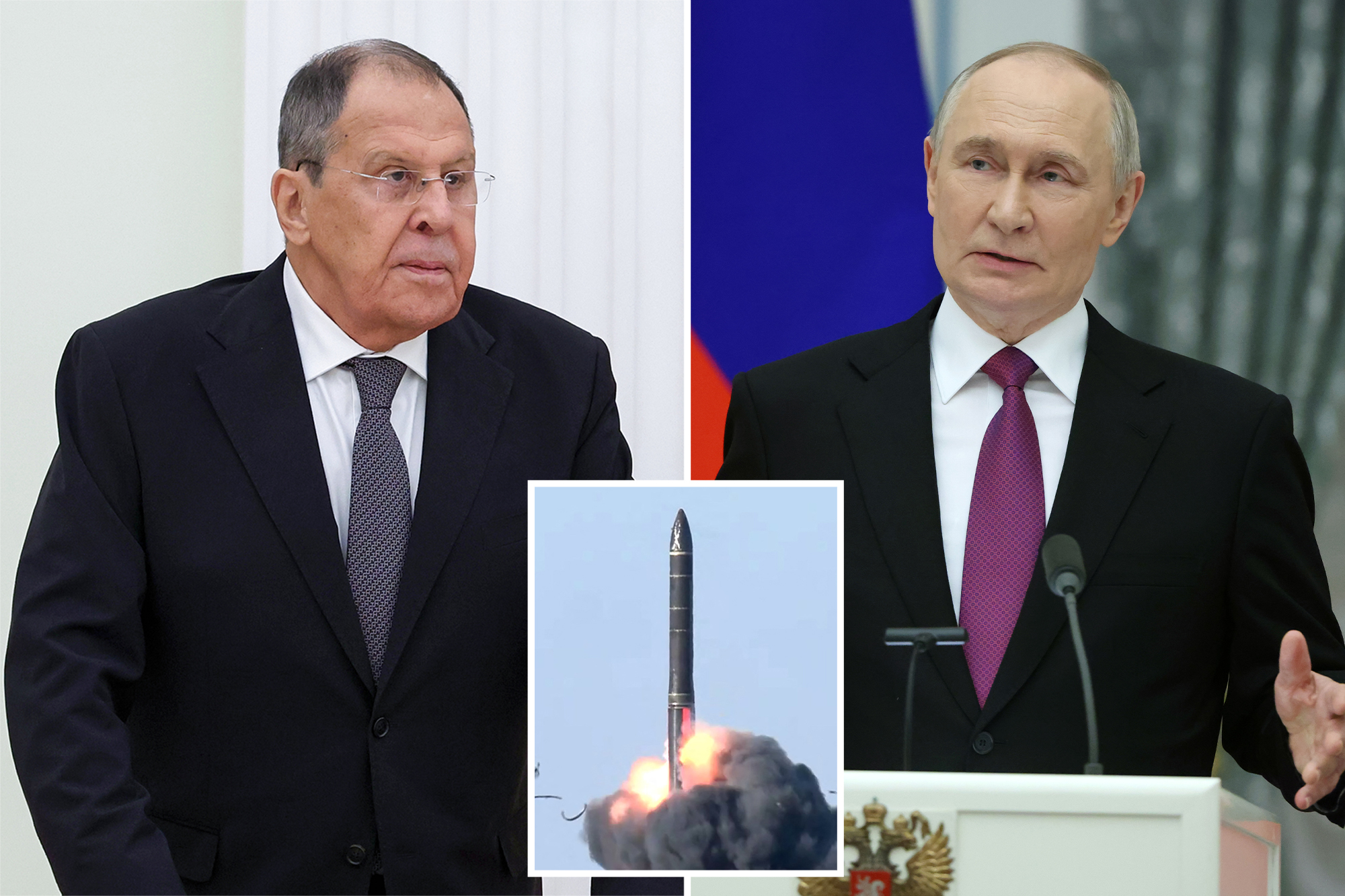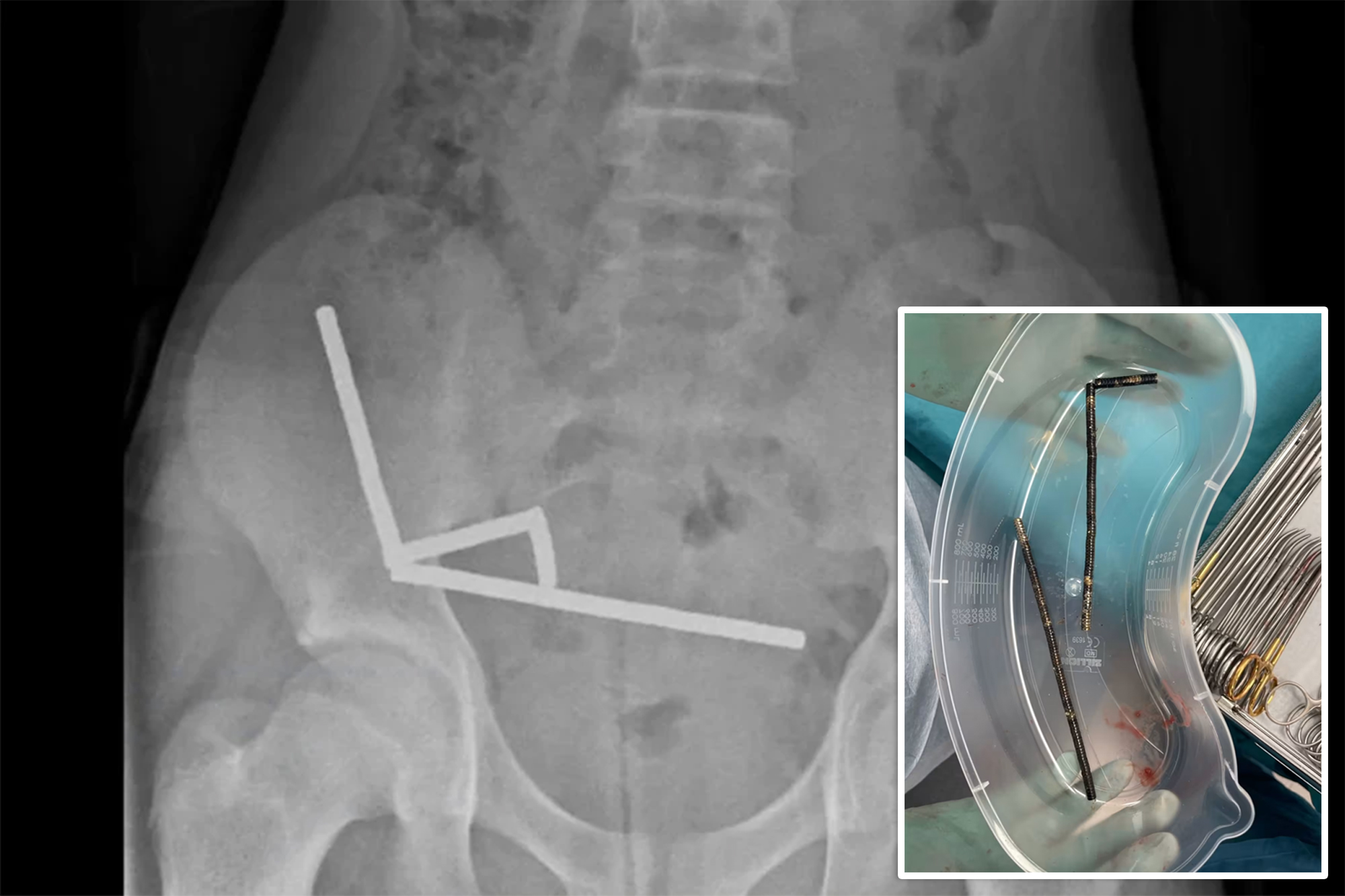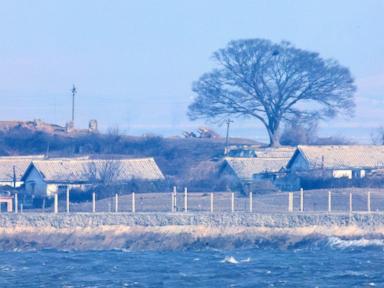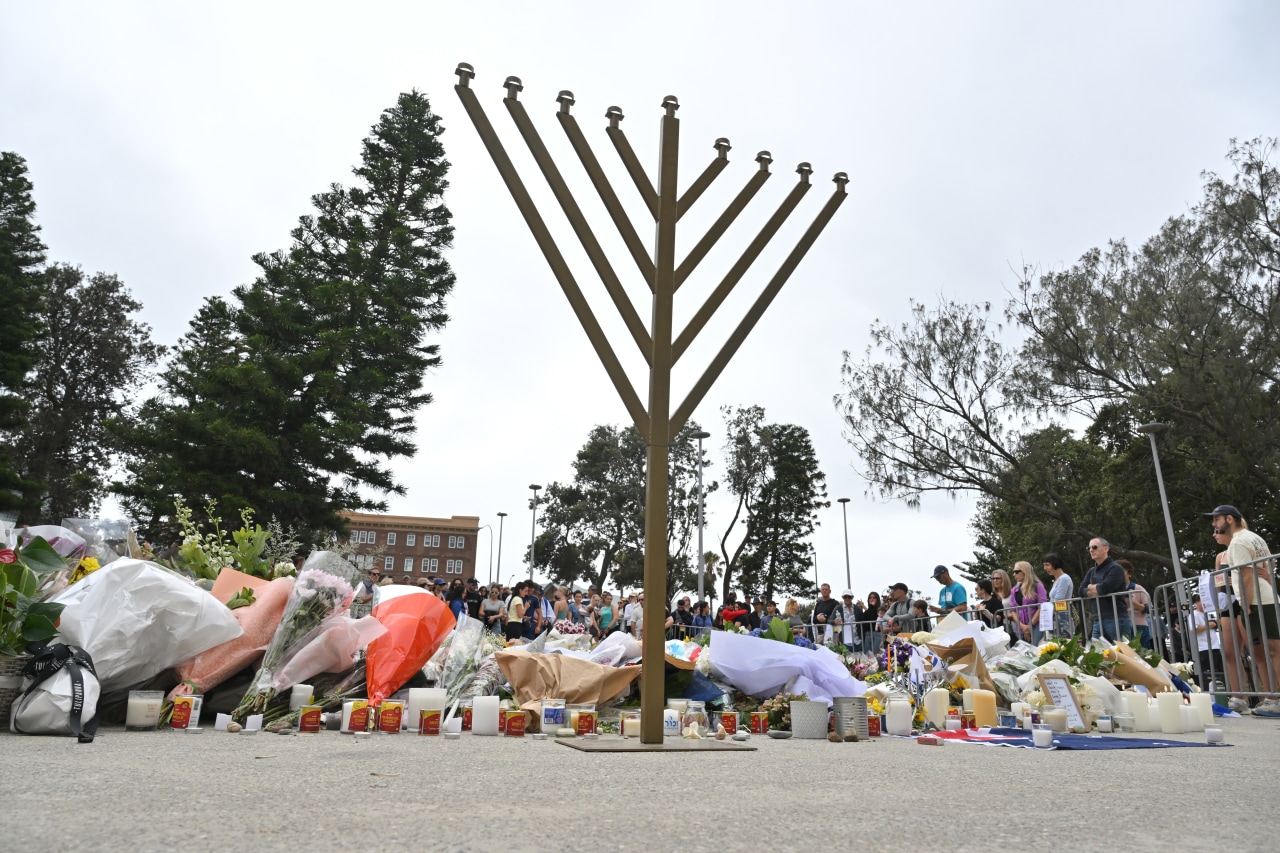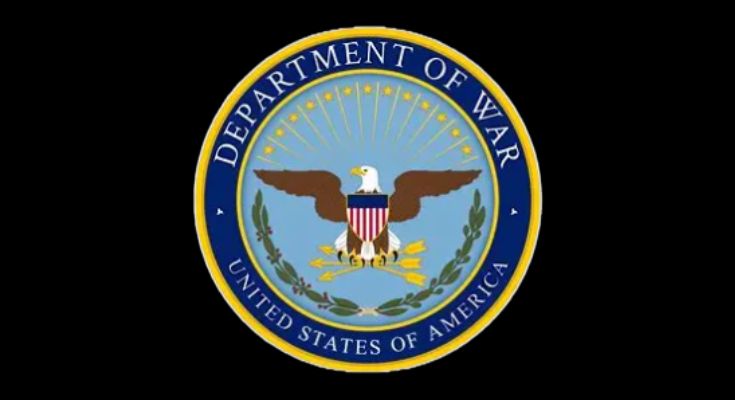Russian Foreign Minister Sergey Lavrov announced on November 5, 2023, that the Kremlin is developing proposals for nuclear weapons testing. This development follows an instruction from President Vladimir Putin in response to comments made by U.S. President Donald Trump about potentially resuming atomic tests.
In a statement reported by state media outlet TASS, Lavrov confirmed that the Kremlin has begun working on implementing Putin’s directive. He emphasized that the public would be informed of the results once they are available. Lavrov remarked, “Regarding President Vladimir Putin’s instruction at the Security Council meeting on November 5, it has been accepted for implementation and is being worked on.”
Lavrov highlighted that Russia is still seeking clarification from the U.S. regarding Trump’s comments, particularly whether they pertain to testing nuclear weapons carriers or conducting subcritical tests. He noted, “Maybe Donald Trump really talked about Washington’s intention to resume full-scale nuclear tests.”
Trump’s remarks came in the wake of his assertion that he wants the U.S. to be on an “equal basis” with Russia and China in terms of nuclear capabilities. On his social media platform, Truth Social, Trump wrote, “Because of other countries testing programs, I have instructed the Department of War to start testing our nuclear weapons on an equal basis. That process will begin immediately.” The U.S. has not conducted a nuclear explosive test since 1992, adhering to a voluntary moratorium during this period.
The context surrounding these discussions is significant. Since 1992, only North Korea has confirmed nuclear tests, while China is speculated to have conducted low-grade weapons tests in secrecy in recent years. The potential resumption of testing by the U.S. could elevate tensions in global nuclear diplomacy.
As the situation evolves, the implications of renewed nuclear testing could affect international relations, particularly with regard to arms control agreements and geopolitical stability. The nuclear capabilities of the U.S., Russia, and China remain a focal point in discussions regarding global security and military strategy.

